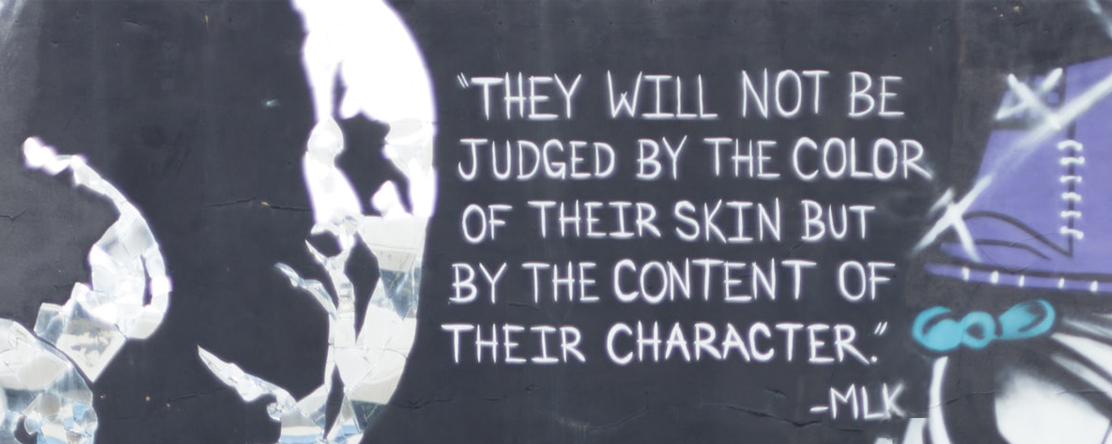
Statement
Standing With Charlottesville
-
Focus Areas
Capacity Building & Leadership -
Issues
Violence Prevention

STATEMENT FROM MARY A. PITTMAN, PRESIDENT AND CEO, PUBLIC HEALTH INSTITUTE
“The social determinants of health are foundational to public health work, as research shows that the conditions that surround us shape and influence our health. And the evidence points to one particularly powerful set of social determinants: racism and other forms of oppression. Systemic racism (such as policies that intentionally lock people of color out of housing or business loans), and individual racism (like targeted hate crimes), have deep and long lasting impacts on individual health and equity and broader societal illness. Racism has been linked to physical conditions like higher blood pressure—even among teens—and other stress-related illnesses, as our ACES research has also confirmed. From a public health perspective, racism and oppression can be deadly.
“Racism, anti-Semitism, and other oppressions are more than public health issues, of course. They are moral wrongs that eat away at our character and our communities. I cannot describe the pain and anger I felt seeing the violence that resulted from this weekend’s white supremacist rally in Charlottesville, Virginia. My sympathies and respect go out to those who showed up to protest hatred and violence, and especially to the families and loved ones of those who were injured and sacrificed their lives. Our right to free speech does not mean that we can terrorize others with our words and actions.
“Hatred, bigotry and racism are simply unacceptable, and we each have a role we can play in identifying it and ameliorating it, particularly people in leadership positions who speak for their organization, their corporation, or the nation. Each of us can discuss what paved the way for this event and examine the root causes of hatred and bigotry. As we know, racism did not begin or end with the hatred in Charlottesville, but each step we take to address it makes us healthier, stronger and better—as public health professionals, as community members and as citizens. Today we all need to examine our own values, speak out and take action about what we want this country to stand for.”
More Updates
Work With Us
You change the world. We do the rest. Explore fiscal sponsorship at PHI.
Support Us
Together, we can accelerate our response to public health’s most critical issues.
Find Employment
Begin your career at the Public Health Institute.



